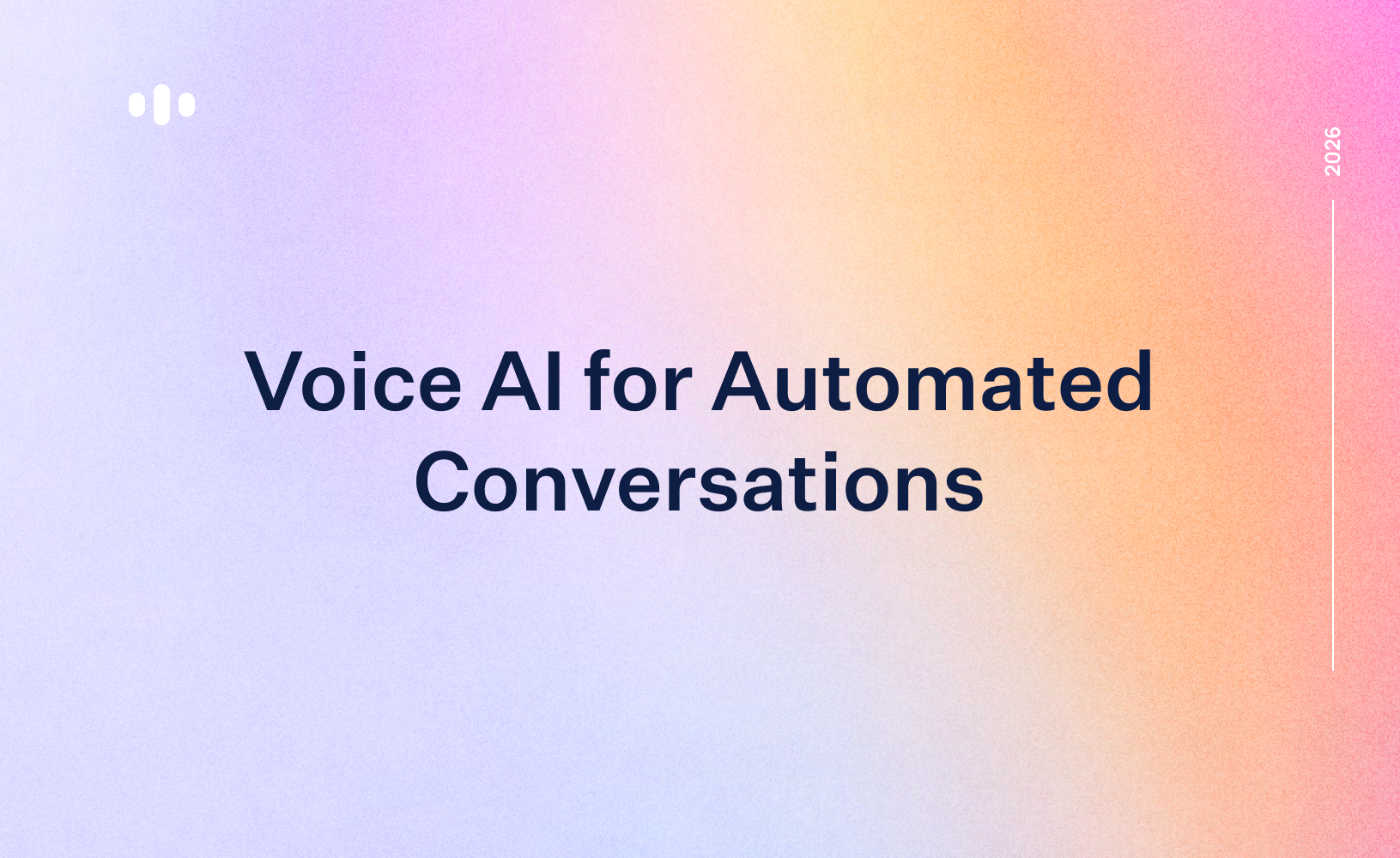The Expansion of Texas’ Mini-TCPA laws
Texas’ passage of Senate Bill 140 expands its “mini-TCPA” laws and raises the bar for telecommunications compliance. Modeled after the federal Telephone Consumer Protection Act (TCPA), this update broadens the scope of solicitation rules, tightens consumer protections, and introduces sharper penalties. For the telecom sector, it means more oversight and less room for error. The bill signals Texas’ intent to be one of the strictest states when it comes to consumer outreach protections, putting companies on notice that cutting corners is no longer viable. What once may have been viewed as gray areas are now addressed with explicit language, leaving fewer loopholes. Businesses relying on mass outbound campaigns must revisit their compliance frameworks immediately to avoid missteps. For many, this will require retooling systems, retraining teams, and in some cases, pausing outreach until compliance processes are validated.
AI Implications under Texas Senate Bill 140
AI doesn’t get a free pass. Automated outbound calls, SMS campaigns, synthetic voices, and voice agents powered by large language models are all treated the same as human telemarketers. If your system relies on autodialers or AI-powered outreach, it now falls under Texas’ expanded Telephone Solicitation rules. This creates a seismic shift for organizations that believed AI-driven communication could operate outside traditional regulatory frameworks. The message from lawmakers is clear: consumer protections extend equally to machine-driven and human-driven contact. For businesses building solutions like Retell AI, this change validates the need for AI systems to meet or exceed human compliance standards. It also forces teams to carefully evaluate how their outbound pipelines collect consent, manage opt-outs, and log activity. In practice, this means AI cannot just be smart — it must also be accountable.
Law Requirements for Legal Solicitation
The law sets strict requirements for what constitutes legal solicitation. You must:
- Obtain documented consent before making a call or sending a message.
- Provide an immediate and easy opt-out method.
- Respect Texas quiet hours — no contact before 9 a.m. or after 9 p.m., seven days a week.
- Register with the Public Utilities Commission and post a bond to operate legally.
On the surface, these requirements might feel straightforward, but in reality, implementing them at scale is challenging. For example, consent must be documented in a verifiable format, and businesses need systems in place to prove it on demand. Opt-outs must be honored immediately, which means databases and AI tools must synchronize in real-time. Quiet hours aren’t simply a suggestion — they require dialing logic that accounts for time zones and user-specific restrictions. For many teams, compliance is no longer something you can “bolt on” after building the product — it needs to be architected from day one.
Exceptions and Gray Areas Still Demand Caution
Not every call is treated the same. Appointment reminders, informational updates, and non-promotional surveys may be exempt from certain provisions, but they still demand consent and an opt-out pathway. If AI-driven systems blur the line between informational and promotional content, regulators will take notice. This is particularly tricky for businesses that rely on AI to dynamically generate messaging, since the tone and intent of outreach can shift subtly. A survey that nudges toward a product trial or an “informational reminder” that hints at a sale may suddenly be classified as solicitation. That gray zone is where businesses are most vulnerable. For Retell AI’s customers, this means deploying systems that can distinguish transactional messaging from promotional messaging automatically. It also highlights the importance of auditing outbound communication frequently to ensure that evolving AI prompts don’t push compliant interactions into risky territory.
Private Right of Action Raises the Stakes
Texans can now bring private lawsuits under the Deceptive Trade Practices Act, and each violation can quickly multiply into hefty penalties. For companies running AI-powered communication, the cost of non-compliance is no longer theoretical. Even a small number of misclassified calls or missed opt-outs could lead to significant financial exposure. This change empowers consumers directly, making them enforcers of the law alongside regulators. That means every misstep isn’t just a reputational risk — it’s a potential lawsuit. For companies experimenting with AI-powered outreach, the margin for error has never been smaller. Retell AI’s transparent consent flows and call logging offer a proactive shield against these risks by creating clear, auditable trails. In practice, this can mean the difference between quickly resolving a dispute or facing drawn-out litigation. For leadership teams, the takeaway is simple: non-compliance is not just a regulatory issue, it’s a business continuity threat.
Compliance by Design, Not Afterthought
Scaling Voice AI pipelines requires embedding compliance into the very architecture. Consent-tracking APIs, opt-out automation, and time-zone aware dialing are no longer nice-to-haves — they’re essentials. Retell AI is built with these workflows in mind, enabling teams to innovate without exposing themselves to unnecessary liability. Too often, companies build AI products first and add compliance layers later, which creates vulnerabilities that are hard to unwind. This law makes that approach unworkable. Compliance must now be an upfront design decision, not a patch after the fact. For example, a pipeline that logs consent with timestamps, validates caller ID information, and routes interactions based on state-specific rules can help businesses scale safely. With the right systems, businesses can still move fast, but with confidence that every step respects both regulatory standards and consumer rights.
Responsible AI as a Competitive Edge
This legislation is about more than avoiding fines — it’s about building trust. Consumers engage more when they feel in control of their communication preferences. Laws like Texas’ Senate Bill 140 highlight why responsible AI design is essential. Companies that partner with platforms like Retell AI can deliver compliant, scalable outreach that respects both the law and the consumer. The upside here is that businesses who take compliance seriously can differentiate themselves as trustworthy operators in a crowded marketplace. Trust isn’t just good ethics; it’s also good business. By proactively aligning with regulations, companies reduce risk while increasing customer satisfaction. In the long run, organizations that treat responsible AI as a design principle rather than a compliance hurdle will be best positioned to thrive. For Retell AI and its partners, this legislation is less of a roadblock and more of an opportunity to lead responsibly in the next generation of communication technology.
See how much your business could save by switching to AI-powered voice agents.
Your submission has been sent to your email
ROI Result
Total Human Agent Cost
AI Agent Cost
Estimated Savings
A Demo Phone Number From Retell Clinic Office






